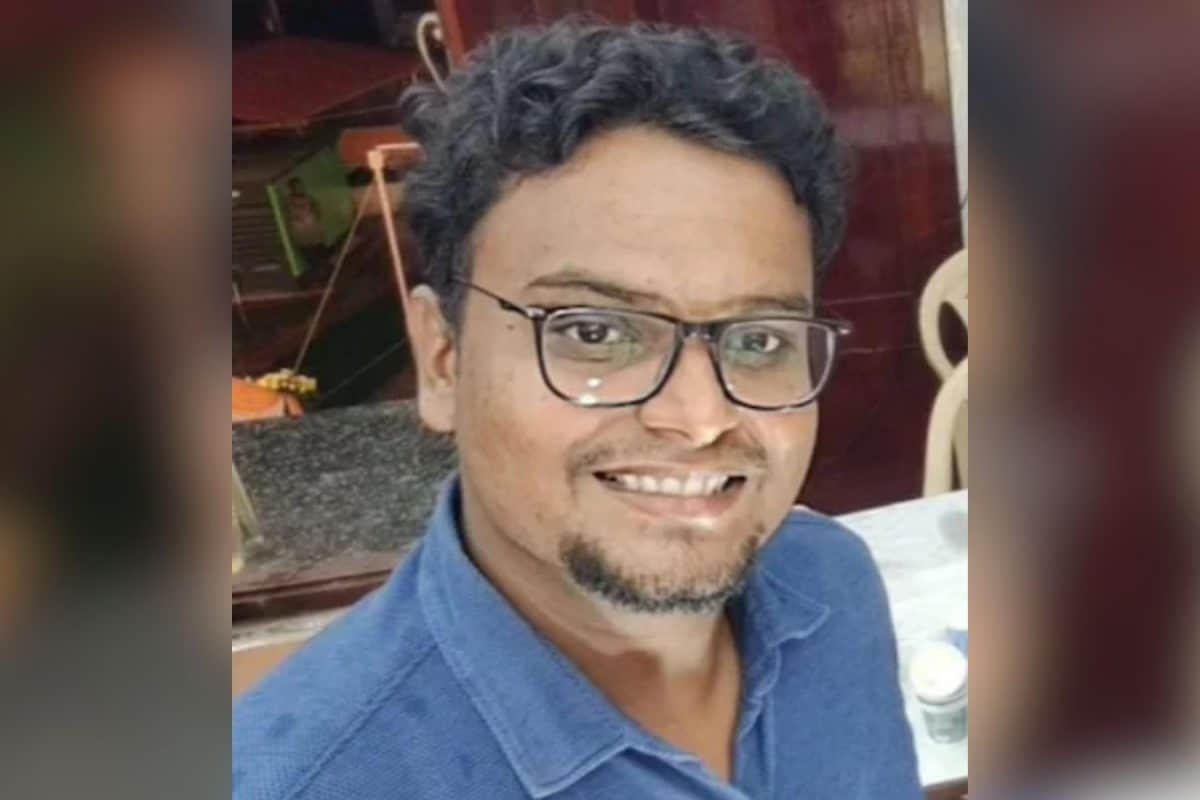

A young doctor, reportedly burdened by debt, was found dead in his car near Kodaikanal, Tamil Nadu. The doctor, identified as Dr. Joshua Samraj, was pursuing his postgraduate medical degree in Salem. Initial investigations suggest that Dr. Samraj died by suicide after self-administering intravenous fluids.
The tragic discovery was made after the vehicle had been parked in a forested area for approximately three days. Authorities were alerted, and upon investigation, they found Dr. Samraj inside. While the exact reasons for the suicide are still under investigation, the prevailing theory points towards significant financial strain as a major contributing factor.
The incident has sparked concerns about the pressures faced by young medical professionals, particularly those burdened with educational loans and the high cost of living. The details surrounding Dr. Samraj's debt remain unclear, but the case highlights the often-overlooked issue of financial stress within the medical community. Many doctors, especially those early in their careers, grapple with substantial debt accumulated during their education, which can lead to immense pressure and affect their mental well-being.
This tragedy is not an isolated incident, as India has witnessed numerous cases of suicide related to financial distress across various sectors, including agriculture. The National Crime Records Bureau data reveals that thousands of farmers have died by suicide due to the inability to repay loans, highlighting a systemic issue of economic hardship and mental health challenges in certain segments of the population.
The Tamil Nadu government and medical associations are likely to face increased scrutiny to address the underlying issues that may have contributed to Dr. Samraj's death. This includes potential reforms in medical education financing, mental health support for medical professionals, and initiatives to alleviate financial burdens on young doctors. There may also be calls for investigations into whether adequate support systems were available to Dr. Samraj and whether more could have been done to prevent this tragedy.
The incident serves as a stark reminder of the importance of addressing mental health and financial well-being, especially within high-pressure professions. It also underscores the need for accessible resources and support systems to help individuals cope with stress, debt, and other challenges that can lead to despair. The medical community and society at large must work together to create a more supportive environment for those struggling with similar burdens, preventing future tragedies.